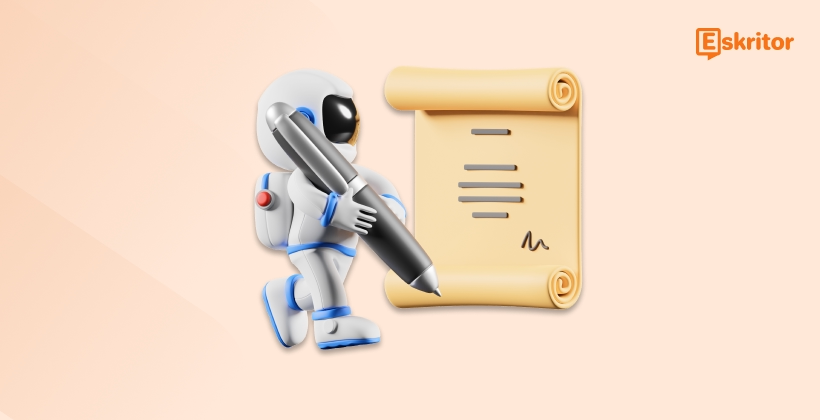How AI Writers Are Transforming Content Creation
How AI Writers Are Transforming Content Creation
Blog Article
The Role of AI in Modern Editing Practices
As synthetic intelligence (AI) evolves, it continues to revolutionize exactly how we approach modern modifying practices. From grammar modification instruments to sophisticated material technology programs, AI Editing is reshaping the way authors, editors, and designers improve their work. This website explores the position AI represents in modern modifying and the impact it's across industries.

AI-Powered Tools Major the Cost
AI-powered instruments have grown to be an vital element of editing workflows. Computer software fueled by normal language handling (NLP) and unit learning can perform responsibilities like grammar checks, stylistic suggestions, and sentence restructuring with incredible speed and accuracy.
For instance, AI-based syntax checkers can recognize errors that the eye might overlook, such as subject-verb agreement issues or dropped modifiers. Equally, fashion innovations produced by AI ensure that tone and flow arrange with the supposed market, which will be invaluable for skilled editors.
These resources are not just restricted to conventional syntax corrections. They are capable of improving readability, transforming passive voice to productive style, and even paraphrasing entire paragraphs without adjusting the meaning.
Efficiency Matches Time Savings
Studies reveal that the use of AI methods can minimize modifying time by up to 30%. In place of poring over every word physically, publishers can concentration their initiatives on creative and strategic aspects of content. That change enables experts to control larger amounts of text in smaller periods, which can be particularly useful for industries like writing and electronic marketing.
Furthermore, predictive AI functions can highlight repeating mistakes, supporting writers improve their abilities over time. For organizations, this equals less resources used on revisions and more refined results from the comfort of the start.
Increasing Accessibility and Globalization
AI's role in contemporary modifying stretches beyond efficiency. Sophisticated interpretation and localization instruments let designers to conform content easily for international readers, deteriorating language barriers with precision. That engineering ensures that the same information may resonate with countries global while maintaining its authenticity.
AI also improves inclusivity criteria by improving convenience in content. As an example, algorithms may identify probably non-inclusive language and recommend alternatives. This potential enables writers to refine writing so that it resonates with varied audiences.

Striking a Balance Between AI and Human Imagination
While AI excels in rate and reliability, it generally does not replace human editors. Models frequently lack the capacity to understand nuance, feeling, or cultural context fully. The perfect system combines AI's performance with individual imagination and information, leading to really outstanding work.
By leveraging these technologies in modern modifying methods, creators and authors likewise may generate high-quality content that aligns with the fast-paced needs of today's electronic world. AI may be the potential of modifying, but the individual feel will always be needed for storytelling and connection. Report this page